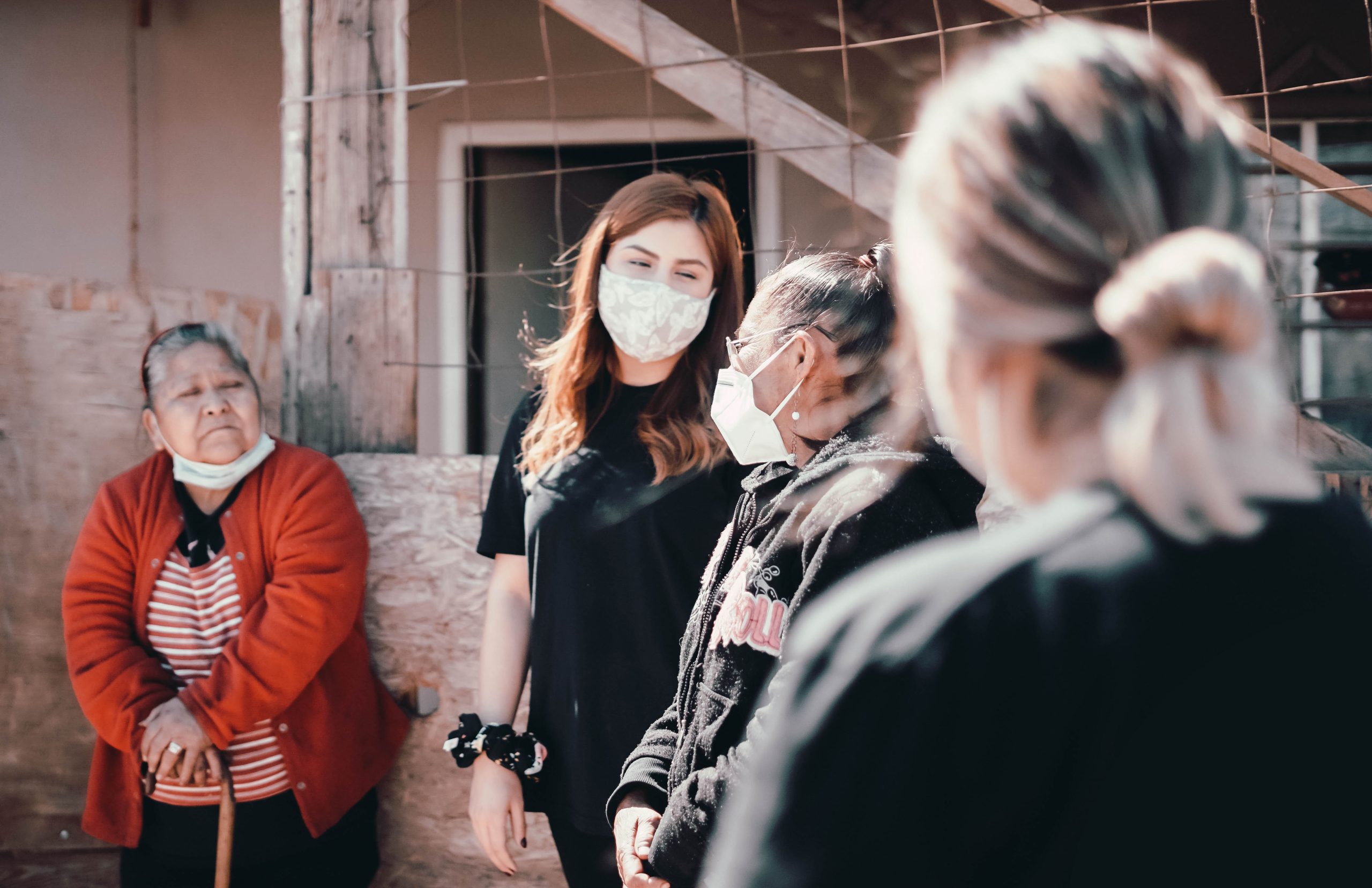
When I met Catherine, she was sitting outside a tin hut – smaller than an Australian backyard tool shed with no windows, a dirt floor and no electricity or running water. This was the family home, in a settlement in Suva, Fiji, and held all their belongings. Catherine lived there with her parents, but her two older sisters were with grandparents because her parents decided it wasn’t safe, and besides, they couldn’t fit! Dad had been laid off for the seven months of Suva’s continuous lockdown during COVID. With no source of income, the family were dependent on food from various charities.
Thanks to the initiative and generosity of Vincentian, Fr Joe Tuiamavule, his community and his generous benefactors, Catherine’s family is now together again, living in a brand new two-bedroom home, complete with furniture.
No such happy ending for many struggling single parent families here in Australia who, unlike Catherine, don’t even have a shed to call home due to the pandemic, floods, and the economic crisis. They might even have paid employment but cannot afford the exorbitant rents.
Many are worried about their futures dogged by constant uncertainty, some even terrified that their children might be removed, due to their current dire circumstances.
I have never been homeless, nor hungry, but I have often felt helpless, and most especially now in the face of such misery that seems to continually confront us on television and social media.
Each year in October, the church sets aside one Sunday to focus on World Missions, inviting us to again exercise our priestly ministry of service, both in developing countries and perhaps especially now, reaching out to the needy in our own country.
So, what is the message for us this World Mission Sunday (23 October), the 30th in Ordinary Time?
The scripture readings speak of a God who continually takes the side the poor. Ecclesiasticus tells us that the poor are listened to, indeed their prayer ‘pierces the clouds’. We in turn respond: ‘the Lord hears the cry of the poor’. The gospel challenges us, not only to recognise that the poor are God’s favourites, but to also stand in humility with the tax collector, and take the lowest place. In other words, to recognise our own poverty.
So how can we who are rich in material goods become poor? Many years ago, while studying in the USA, I was asked that same question by Eunice Kennedy-Shriver, while visiting her home. My response was immediate – you have just spent the day setting up a life skills program for young impoverished pregnant girls – surely this is what being poor means!
It is when we reach out that we are being missionary, that we are recognising that the poor are the face of Christ. As Pope Francis says: “Once we experience the power of God’s love, we cannot help but proclaim and share what we have seen and heard.”
Fr Joseva Tuiamavule, died suddenly earlier this year before he reached his fiftieth birthday. His unbounded love for the poor led him, at the height of the pandemic, to visit the needy, bury the dead, and build houses for Catherine and other families. We are inspired to exercise that same missionary zeal, to ensure dignity and care for those in need.
Carmel Pilcher rsj
New South Wales
Gundungurra and Darug Country (Blue Mountains)
